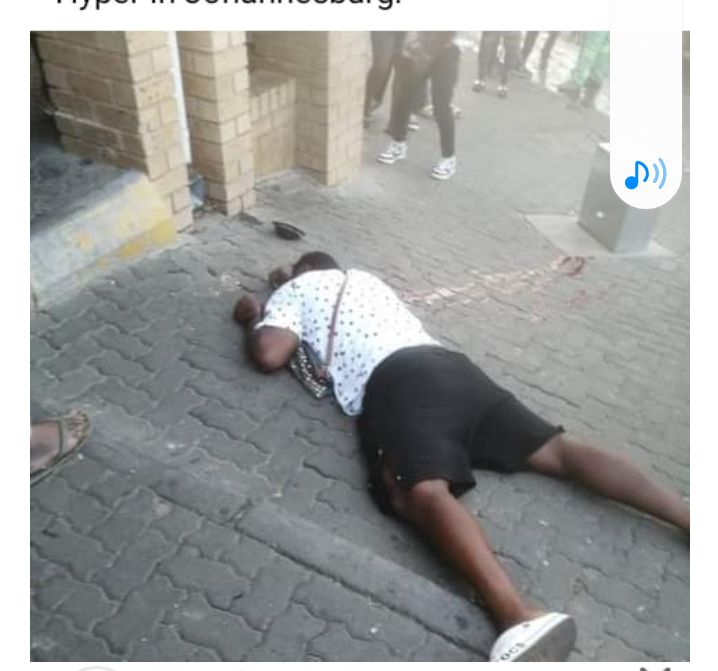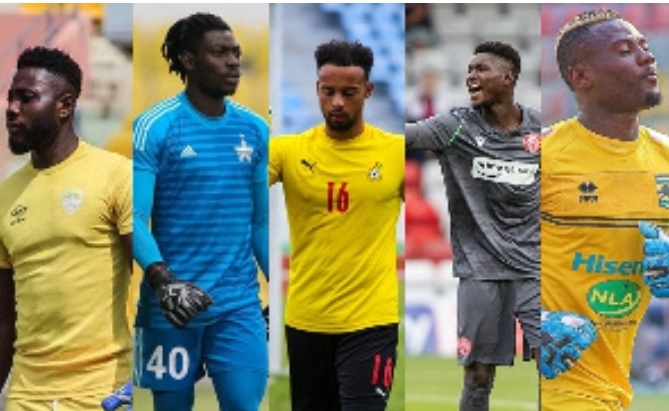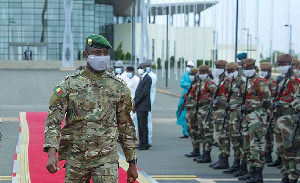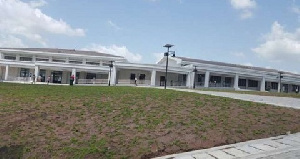GENERAL NEWS
Here are five things fueling labour unrests in the country – Labour expert
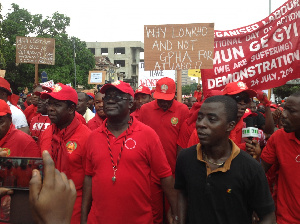
Groups declare strike actions in first two weeks of 2022
Austin Gamey calls on NLC to be more proactive than reactionary
IntelAfrique releases Assessment of Public Order and Safety 2021
A labour expert, Austin Gamey, has outlined what he believes are the causes of the continuous industrial actions in the country.
Already in January, there have been quite a number of strike actions announced by organized groups in the country to press home their demands for better conditions of service.
These include strikes from UTAG, TEWU, CETAG, Anesthetists, and CLOGSAG.
Sharing his perspectives on this worrying trend in an IntelAfrique assessment that highlights the findings of public order and safety and what various stakeholders need to do in 2022 and beyond, Austin Gamey detailed what he believes the problems are, while making recommendations on how they can be resolved.
Here they are:
1. Austin Gamey has indicated that poor salary administration is the reason for the many perennial strike actions Ghana experiences. The Fair Wages and Salaries Commission should proactively solve all challenges associated with the Single Spine Salary Structure to measure output and guide remuneration packages in accordance with the tenets of the Labour Act 651, Section 98.
2. The National Labour Commission (NLC)’s role in mediating grievances of labour groups or public sector workers is more reactionary than proactive. Considering the many grievances at hand, there is the need for the Commission to show more “concern” and gradually bring the various aggrieved labour groups to the table and forge a way forward for a lasting solution than wait for things to blow up before negotiating with them.
3. Crowd control by the police has been topical in Ghana for a very long time. Most often, when public law and order degenerates into disorder, the Police are found wanting with either high handed measures or ineffective crowd control methods. The Ejura incident is an example where poor crowd control by the Police-cum-Army detachment led to the loss of lives. It is expedient on the Police force mandated to maintain law and order to beef up its efforts in proper policing and crowd control more coherently and expertly.
4. Pre-demonstration engagement between the police and demonstrators has not been the best as they tend to provoke more anger among demonstrators. Approval for demonstrations, routes to use for demonstrations, dates for demonstrations, among others have been a bone of contention between the police and demonstrators. There is the need to ensure a common template of engagement by the police for equal treatment.
5. Development partners should increase their support to the Formed Police Unit with enhanced and increased capacity building in crowd and riot control and equipment
Source: www.ghanaweb.com
-

 Lifestyle4 weeks ago
Lifestyle4 weeks agoRoad Safety Authority narrates how buttocks causes road accident
-

 GENERAL NEWS1 month ago
GENERAL NEWS1 month agoWhy 15 police officers stormed Owusu Bempah’s church – Kumchacha narrates
-
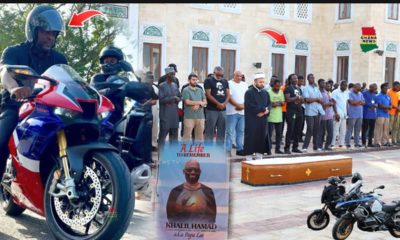
 GENERAL NEWS4 weeks ago
GENERAL NEWS4 weeks agoWatch how Ibrahim Mahama rode Honda superbike to pay last respects to late friend
-
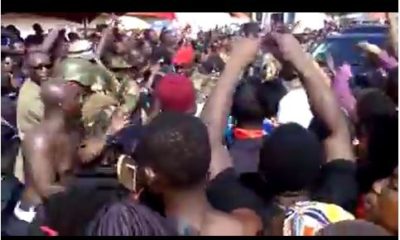
 GENERAL NEWS1 month ago
GENERAL NEWS1 month agoHow Offinso residents storm destooled queen mother’s house, demand for new chief
-

 South Africa News1 month ago
South Africa News1 month agoWoman thrown out of a speeding taxi while on her way to work
-

 GENERAL NEWS2 weeks ago
GENERAL NEWS2 weeks agoDeadly clash between youth and navy personnel results in two deaths at Tema Manhean
-

 SHOWBIZ KONKONSAH2 weeks ago
SHOWBIZ KONKONSAH2 weeks agoJunior Pope’s Death: Video of John Dumelo refusing to join canoe for movie shoot over safety concerns resurfaces
-
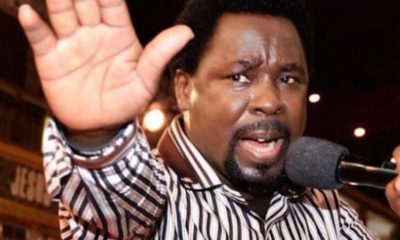
 News Africa2 months ago
News Africa2 months ago‘Satanically dubious’ – SCOAN releases statement on BBC’s report about TB Joshua, church


